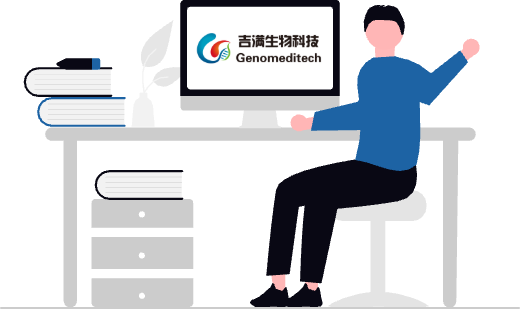CD30 is one of the tumor necrosis factor (TNF) receptor superfamily members, which can promote cell proliferation or apoptosis by activating different signaling pathways. It was discovered in 1982 in monoclonal antibodies (mAbs) used for Hodgkin's lymphoma (HL) cell lines. CD30 is closely associated with cell proliferation and death, stimulating CD30 molecules can induce receptor trimerization and signal transduction, activating the nuclear factor-kappa B (NF-κB) pathway. Additionally, CD30 also participates in the mitogen-activated protein kinase (MAPK) pathway (including ERK1 and ERK2), exerting anti-apoptotic and pro-survival effects in tumor cells.
In healthy cells, CD30 is not expressed and is lowly expressed on the surface of normal activated T and B cells. However, CD30 is often highly expressed on the surface of Hodgkin's lymphoma and anaplastic large cell lymphoma. These characteristics align with the ideal features of target antigens, showing high consistency in expression on target cells and low expression in normal tissues, reducing off-target (tumor-external) toxicity.
Despite having tumor-associated antigen (TAA) properties, the anti-CD30 drugs entering clinical trials have not shown promising results. Targeted therapy with anti-CD30 antibodies in the treatment of Hodgkin's lymphoma (HL) and anaplastic large cell lymphoma (ALCL) has not demonstrated significant therapeutic effects. First-generation anti-CD30 monoclonal antibodies such as SGN-30, MDX-060 have weak tumor-inhibitory effects, while second-generation anti-CD30 monoclonal antibodies have improved ADCC (antibody-dependent cell-mediated cytotoxicity) through deglycosylation, resulting in some enhancement of tumor inhibition, but clinical outcomes remain unsatisfactory.
















